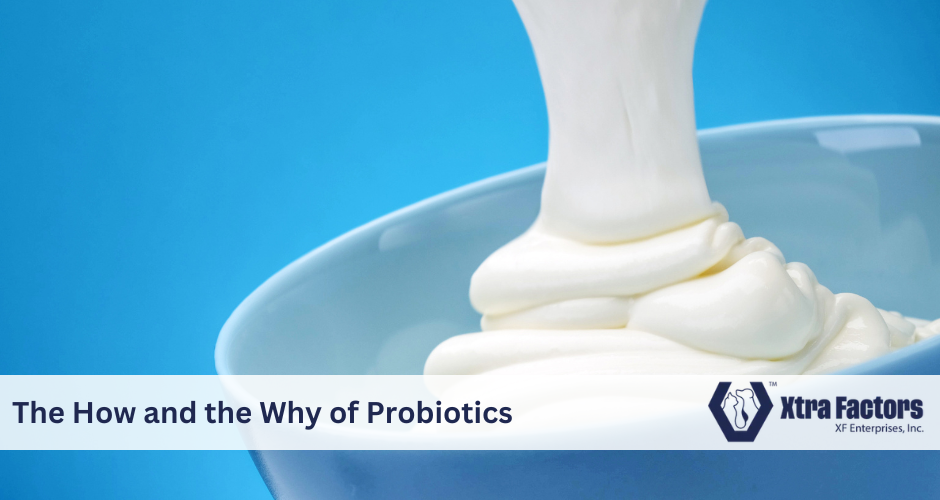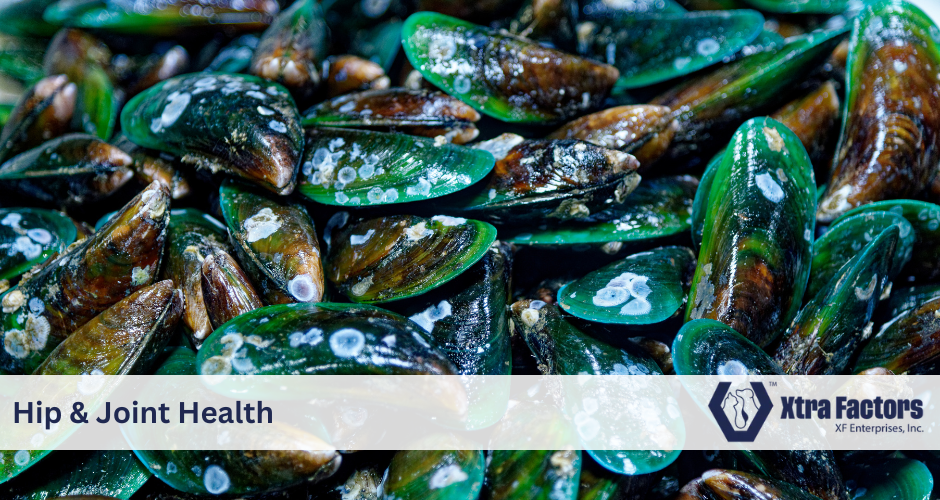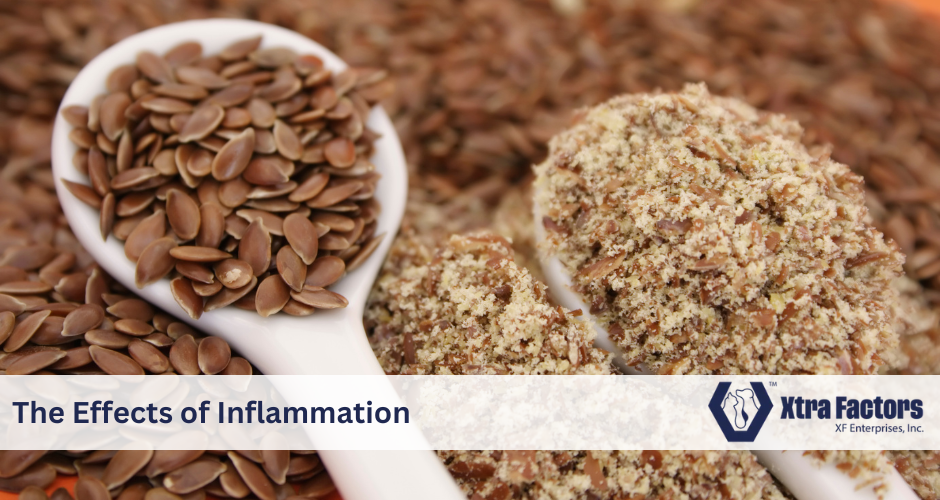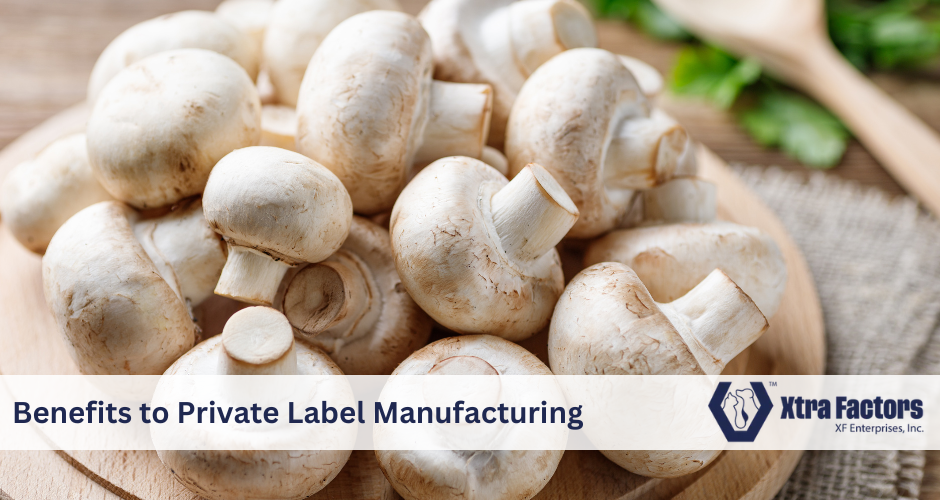The How and the Why of Probiotics

Probiotics are live microorganisms that, when consumed in adequate amounts, confer a health benefit on the host, particularly in the realm of digestive health. For pets like dogs and cats, these beneficial bacteria are primarily found in specially formulated pet foods and dietary supplements. The primary role of probiotics in pet digestive health lies in their ability to maintain a balanced gut microbiome, which is crucial for proper digestion, nutrient absorption, and overall gastrointestinal function.
The digestive systems of dogs and cats host trillions of bacteria, many of which play vital roles in breaking down food, synthesizing vitamins, and protecting against harmful pathogens. However, factors such as poor diet, stress, antibiotics, and illness can disrupt this balance, leading to digestive issues like bloating, constipation, diarrhea, and irritable bowel syndrome (IBS). Probiotics help restore this balance by replenishing the gut with beneficial bacteria. These friendly microbes work by adhering to the intestinal walls, outcompeting harmful bacteria, and producing substances that inhibit pathogen growth. Additionally, they enhance the gut's mucosal barrier, preventing harmful bacteria from entering the bloodstream.
Using probiotics can provide several digestive health benefits for pets. For dogs and cats suffering from IBS, probiotics have been shown to reduce symptoms like abdominal pain, bloating, and irregular bowel movements. They are also effective in preventing and treating antibiotic-associated diarrhea by restoring the natural gut flora disrupted by antibiotic treatment. Furthermore, probiotics can aid in the management of inflammatory bowel by modulating the immune response and reducing inflammation. Beyond digestive health, emerging research suggests that probiotics may have broader health implications. Recent research has shown that probiotics may positively impact a pet's mental health. The gut-brain axis is a complex communication network linking the gastrointestinal tract and the brain. Imbalances in gut bacteria have been associated with stress, anxiety, and behavioral issues in pets. By promoting a healthy gut microbiome, probiotics can influence the production of neurotransmitters like serotonin, which plays a crucial role in mood regulation. This can lead to improved mental well-being and more balanced behavior in pets. Incorporating probiotics into a pet's diet can be a simple yet effective way to promote digestive health. Whether through specially formulated pet foods or supplements, maintaining a healthy gut microbiome is essential for overall well-being.
Incorporating probiotics into a pet's diet can therefore have far-reaching benefits that extend beyond digestive health, potentially enhancing their overall quality of life. Regular use of probiotics can be a valuable component of a holistic approach to pet care, supporting not only a healthy gut but also a robust immune system, reduced inflammation, better metabolic health, and improved mental well-being.
INGREDIENT SPOTLIGHT
Yogurt can offer several health benefits for pets when given in moderation. It is a natural source of probiotics, which help maintain a healthy gut microbiome, promoting better digestion and nutrient absorption. The live cultures in yogurt can help prevent and alleviate digestive issues such as diarrhea and constipation. Additionally, yogurt is rich in calcium and protein, supporting strong bones and muscles. It also contains essential vitamins and minerals that contribute to overall health. However, it's important to choose plain, unsweetened yogurt to avoid added sugars and artificial sweeteners. Some pets may be lactose intolerant so yogurt in large amounts may not be best for every pet.




